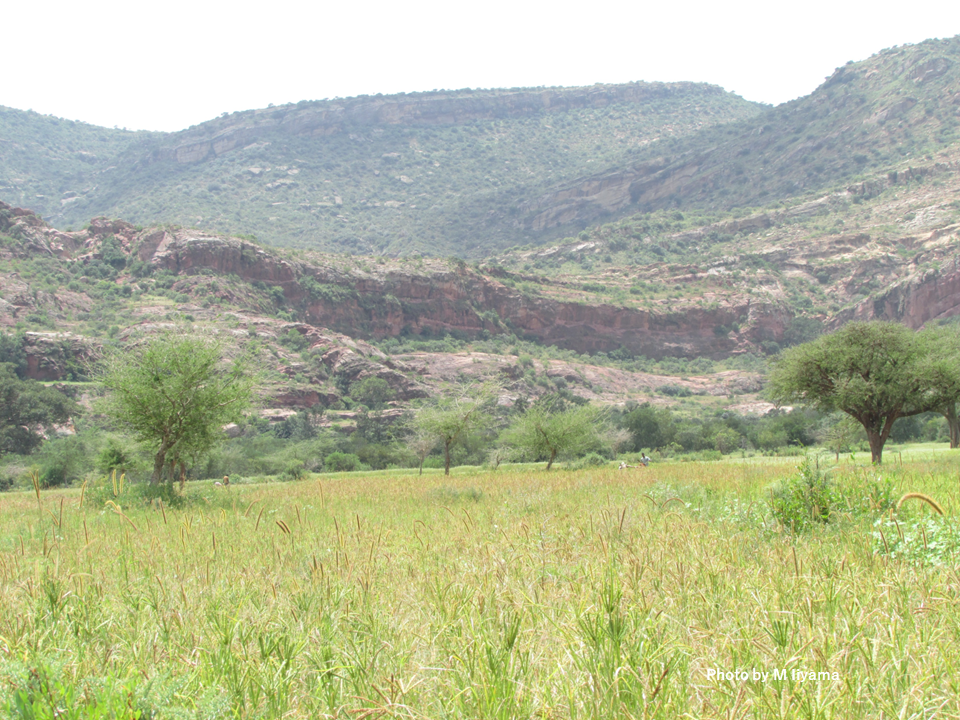Pick Up
930. Celebrating the Year 2024

930. Celebrating the Year 2024
The year 2024 is upon us.
Scheduled for this year is a discussion that holds the potential to shape our understanding of Earth's geological epochs—the adoption of the definition of a new era, the Anthropocene.
Since the turn of the 21st century, geoscientists have argued that humanity may have entered a new geological epoch through the interplay of climate change, pollution, and biodiversity loss. Discussion of the concept of the Anthropocene, first proposed in 2000, led to the nomination of Lake Crawford in Canada, as a candidate for the 2023 International Standard Scale Stratigraphic Section and Site (GSSP). The deep, undisturbed sedimentary layers at the bottom of Lake Crawford chronologically record the traces of human activity like the rings on a tree, reflecting the global rise in fossil fuel consumption in the 1950s.
The beginning of the Anthropocene marks the end of the Holocene, which lasted about 11,700 years from the end of the last ice age. Scientific debate continues, but while many agree that 1950 marks the beginning of the Holocene, some scientists, citing the recent race to the moon, argue that human impact has extended into space. Geologists plan to discuss whether to recognize a new geologic epoch at the International Union of Geosciences meeting in South Korea in August 2024.
Defining the Anthropocene requires recognizing that the impact of human economic activity on Earth transcends mere geological markers and encompasses global historical dimensions. It means looking not only at changes such as carbon isotopes over geologic time, but also at phenomena such as plastic debris in marine sediments. It also underscores that mere "adaptation" to climate change is not enough; a fundamental reassessment of human economic activities is imperative for the preservation of all life on Earth.
The profound socio-economic transformations associated with mass production and consumption since the mid-20th century are inextricably linked to the food system. Acknowledging the Anthropocene requires a sustainable overhaul of the food system, which is responsible for nearly one-third of anthropogenic greenhouse gas emissions and the primary driver of biodiversity loss.
In 2024, we remain committed to addressing global challenges. We will continue to share information about food systems and look forward to your continued support of Pick Up on the journey ahead.
Contributor: IIYAMA Miyuki (Information Program)
